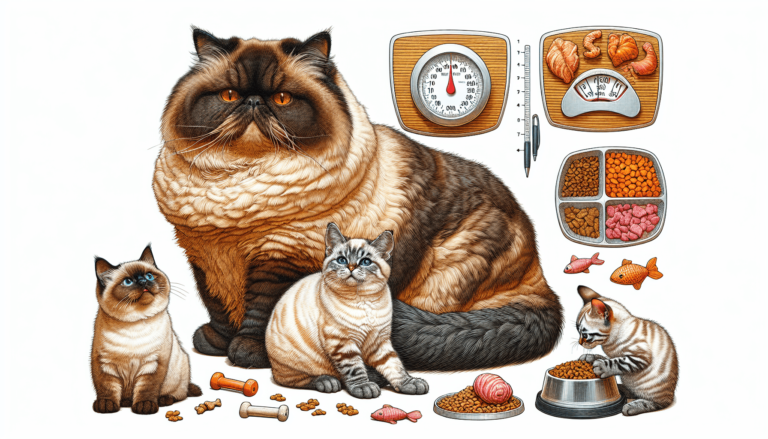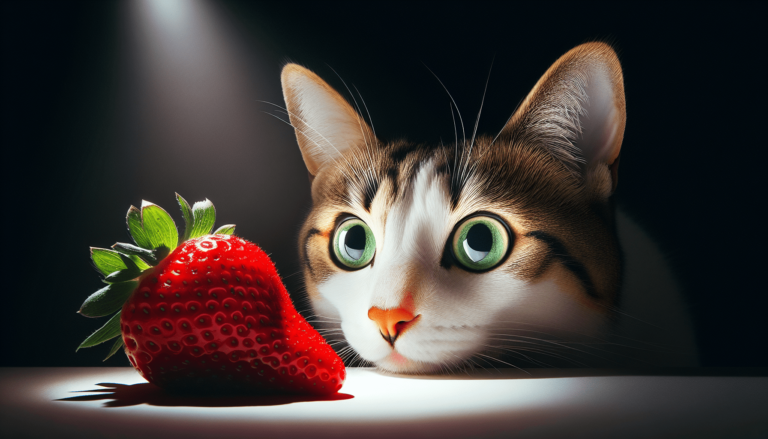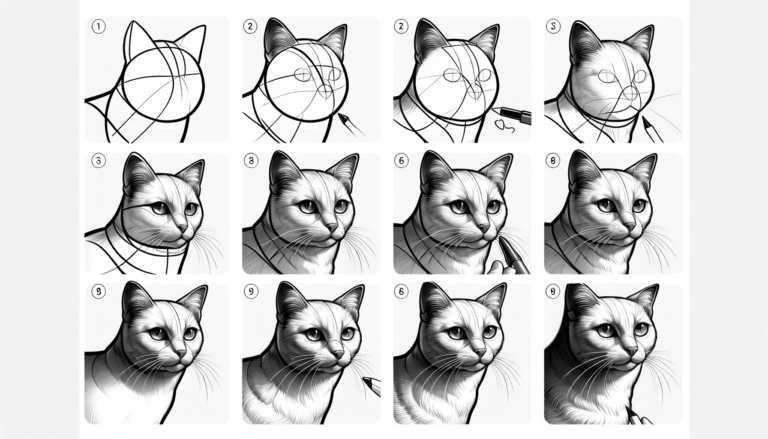Do Cats Like Music
Have you ever wondered if cats have a fondness for music? In this article, we’ll explore the intriguing question of whether our feline friends can actually enjoy the melodic tunes we humans find so captivating. While some may argue that cats are indifferent to music, recent studies have shed light on their surprising reactions and preferences when it comes to different musical genres. From calming classical compositions to funky beats, discover the secrets behind how music can impact our furry companions and perhaps gain a newfound appreciation for the potential harmony between cats and melodies.
Understanding Feline Hearing Capabilities
Cats have incredibly sharp hearing that far surpasses the capabilities of humans. While humans can typically hear frequencies ranging from 20 Hz to 20,000 Hz, cats have a wide range of frequencies they can hear, extending from 48 Hz to 85,000 Hz. This means that cats have the ability to detect sounds at higher frequencies that are completely inaudible to us.
The structure of a cat’s ear plays a significant role in their exceptional hearing abilities. Unlike humans who have ears positioned on the sides of their head, a cat’s ears are situated horizontally, which allows them to accurately pinpoint the source of a sound. Additionally, cats possess a large number of muscles in their ears that enable them to rotate their ears to different angles, further enhancing their ability to detect and locate sounds. This gives them an exceptional advantage in hunting and evading predators.
How Cats React to Human Music
When it comes to human music, cats can have varying reactions. Some cats may be indifferent and go about their business, while others may show signs of curiosity or even annoyance. It is not uncommon to observe cats prowling around or twitching their ears in response to certain types of music.
The influence of different genres of music on cats is a subject of much discussion among pet owners. Some cats may be more inclined to respond to classical music, while others may prefer the rhythmic beats of pop or rock music. Interestingly, cats may even exhibit different behaviors depending on the tempo and intensity of the music.
Individual personality also plays a role in a cat’s reaction to music. While some cats may be completely unfazed, others may actively seek out or avoid certain sounds. This can be attributed to factors such as a cat’s previous experiences, breed tendencies, and overall temperament.

Science Behind Cats’ Reaction to Music
In recent years, researchers have conducted various studies to better understand how cats respond to music. One study by researchers at the University of Wisconsin-Madison found that cats tend to respond more positively to music composed specifically for their species. They discovered that cats showed increased interest and engagement when exposed to “species-appropriate” music compared to human music.
The role of frequencies and tones in a cat’s perception of music is another aspect considered in these studies. Cats have a heightened sensitivity to high-pitched sounds, which may explain why certain musical notes or instruments can capture their attention. Researchers have also found that music with a slower tempo and fewer abrupt changes in sound tends to have a calming effect on cats. This suggests that the composition and structure of music can influence a cat’s emotional state.
It is important to note that cats may not fully appreciate human music due to their unique hearing capabilities. The sounds and patterns that appeal to humans may not align with what cats find pleasing or engaging. This distinction highlights the need for a specialized type of music specifically designed for cats.
The Concept of ‘Music for Cats’
The concept of “Music for Cats” emerged as a way to provide feline companions with music that is tailored to their specific auditory preferences. Composers and musicians dedicated to creating music for cats aim to incorporate frequencies, tempos, and sounds that are more aligned with a cat’s natural communication and environmental cues.
One key difference between human music and music for cats is the use of sonic elements that mimic sounds found in a cat’s natural environment. For example, music for cats may incorporate purring sounds, the chirping of birds, or even the soft rustling of leaves. These familiar sounds can create a sense of comfort and relaxation, as they mimic the sounds that cats would typically encounter in their natural habitat.
Some popular examples of music composed specifically for cats include albums by David Teie, a cellist and composer who garnered attention for his first cat-centric compositions. Teie’s music incorporates feline vocalizations and features a range of sounds intended to tap into the unique hearing abilities of cats.

Reaction of Cats to ‘Music for Cats’
When cats are exposed to music designed specifically for their auditory preferences, they may exhibit notable behavioral changes. Many cat owners have reported observing their feline friends becoming more relaxed, engaged, and even exhibiting signs of contentment when listening to music for cats.
Comparative analysis between cats’ responses to music for cats and human music suggests that the specialized music has a more pronounced effect on feline behavior. While human music may elicit temporary interest or curiosity, music for cats seems to have a greater impact in terms of calming cats, reducing anxiety, and promoting overall well-being.
Anecdotal experiences from pet owners further support the positive effects of music for cats. Many have noticed a decrease in aggressive behavior, improved sleep patterns, and a more harmonious atmosphere in the home when regularly playing music designed specifically for their feline companions.
Potential Benefits of Music for Cats
The use of music for cats can have several potential benefits for a cat’s well-being. Firstly, it has been found that playing soothing music for cats can help reduce anxiety and stress. The calming melodies and familiar sounds can create a sense of security, especially for cats who may have had traumatic experiences or suffer from anxiety-related conditions.
In addition to alleviating stress, music can also contribute to improving a cat’s mood and overall health. Just as music has been shown to positively impact human emotions, it can evoke similar responses in cats. Uplifting music with a gentle rhythm can stimulate feelings of happiness and contentment, reducing the likelihood of behavioral issues and promoting mental and emotional well-being.
Drawbacks and Precautions with Music for Cats
While music for cats can be a valuable tool in promoting a cat’s well-being, it is essential to be mindful of potential drawbacks and take necessary precautions.
Certain types of music, such as fast-paced or loud genres, can potentially agitate or overstimulate cats. These types of music may elicit a flight or fight response, causing stress and anxiety instead of relaxation. It is crucial to carefully select music that is calming and soothing for your cat’s specific preferences.
Precautions must also be taken to ensure that the volume of the music is appropriate for a cat’s sensitive hearing. Loud music can be distressing and even harmful to a cat’s ears, so it is essential to play music at a moderate volume that is comfortable for your feline companion.
It is also important to monitor your cat’s reaction to the music and be attentive to any signs that they may not be enjoying it. If your cat appears stressed, agitated, or attempts to distance themselves from the music, it may be an indication that the particular music is not suitable for them. Each cat is unique, and what works for one may not work for another, so it is essential to be responsive to your cat’s individual needs and preferences.
How to Introduce Music to Your Cat
Introducing music to your cat can be a gradual process to help them acclimate to the sounds effectively. Begin by selecting calming music that incorporates natural sounds and a slower tempo. Classical music or specially composed music for cats can provide a good starting point.
Start by playing the music at a low volume while engaging in activities that your cat enjoys, such as playtime or cuddling. Over time, increase the volume gradually, allowing your cat to become accustomed to the sounds. Observe their behavior and adjust the music selection and volume to suit their comfort level.
Creating a comfortable environment for music sessions with your cat is also important. Ensure that your cat has a cozy spot to relax, with familiar bedding or toys nearby. Minimize external distractions and create a peaceful atmosphere to enhance the calming effect of the music.
Cats and Other Forms of Audio Stimulation
While music for cats holds specific appeal, other forms of audio stimulation can also influence a cat’s behavior and mood. Cats may show interest or display reactions to sounds from television or radio, especially if they include high-pitched sounds or animal vocalizations. These sounds can pique a cat’s curiosity and may provide some entertainment for your feline companion.
Additionally, cats are known to respond to different types of natural sounds, such as birdsongs, rain, or wind. These sounds can evoke a sense of connection to the outdoors and their instincts as natural predators. Many cat owners have found that playing recordings of these natural sounds can create a calming environment and reduce anxiety in their cats.
Some pet owners have experimented with the use of white noise machines or apps to promote relaxation for their cats. White noise, with its consistent and soothing sound, can help mask external noises and create a tranquil atmosphere for your cat. However, it is crucial to monitor your cat’s response to ensure that the white noise does not become overwhelming or cause distress.
Can Cats Create Music?
While it may seem far-fetched, there have been instances throughout history where cats have been known to ‘make music’ in their own unique way. Some cat owners have shared anecdotes of their cats tinkling piano keys, strumming guitar strings, or even meowing in a melodious manner that seemed intentional.
A cat’s ability to interact with musical instruments can be attributed to their curious nature and dexterity. Cats’ naturally agile paws and sharp claws allow them to explore and manipulate objects, including musical instruments. However, whether cats genuinely appreciate music from a creative standpoint or are simply curious about the response they elicit from their actions remains a topic for further exploration. Nevertheless, these instances highlight the unique bond between cats and music.
Understanding feline hearing capabilities, their reaction to music, and the potential benefits of music for cats can provide valuable insights into enhancing your feline companion’s well-being. By incorporating music that appeals to their unique auditory preferences, you can create a harmonious environment that promotes relaxation and happiness for both you and your cat.







